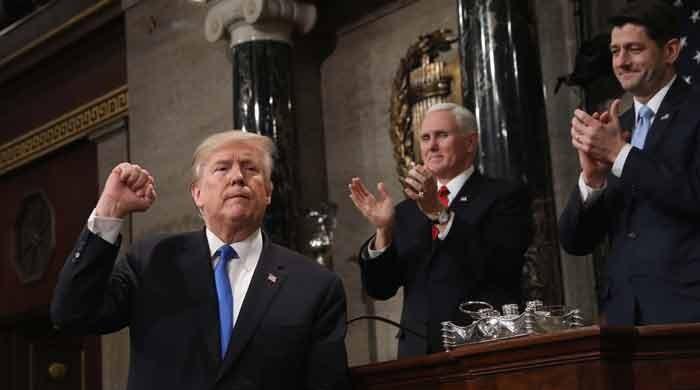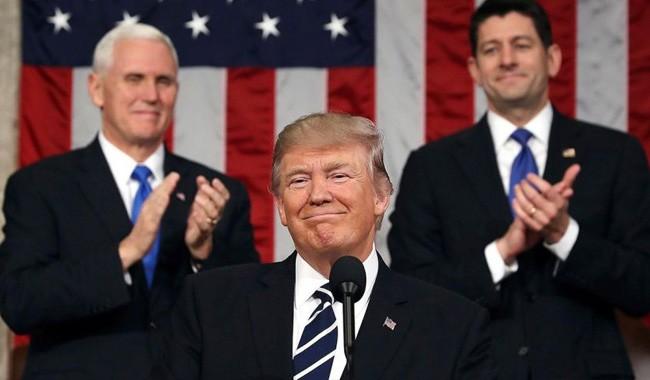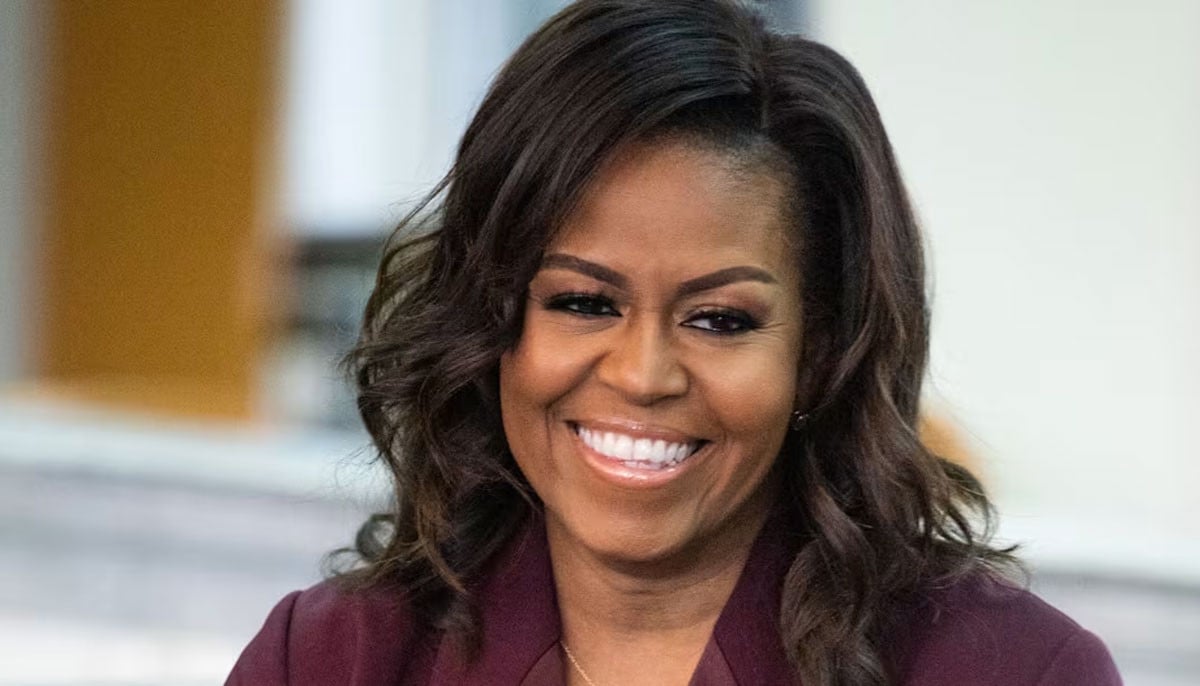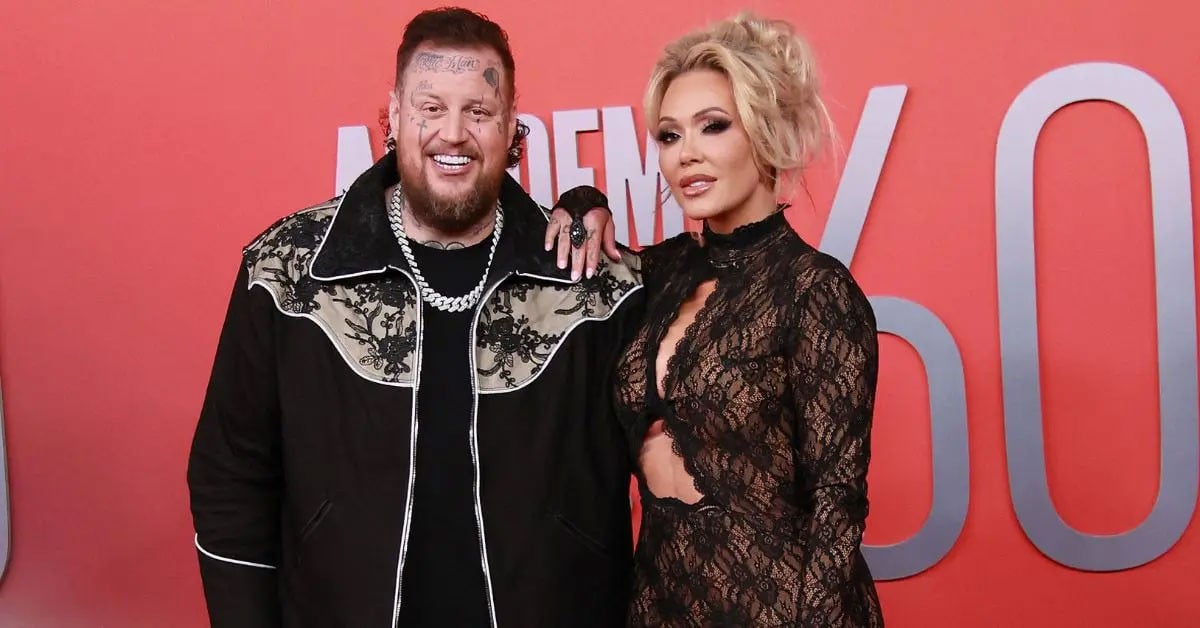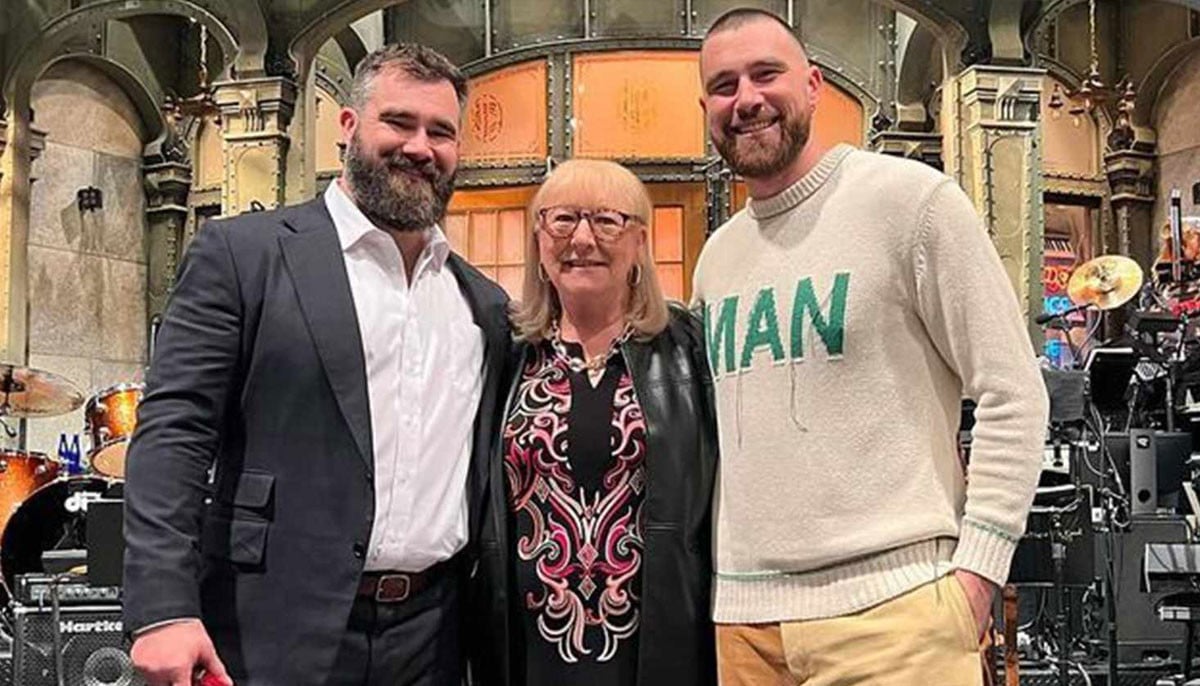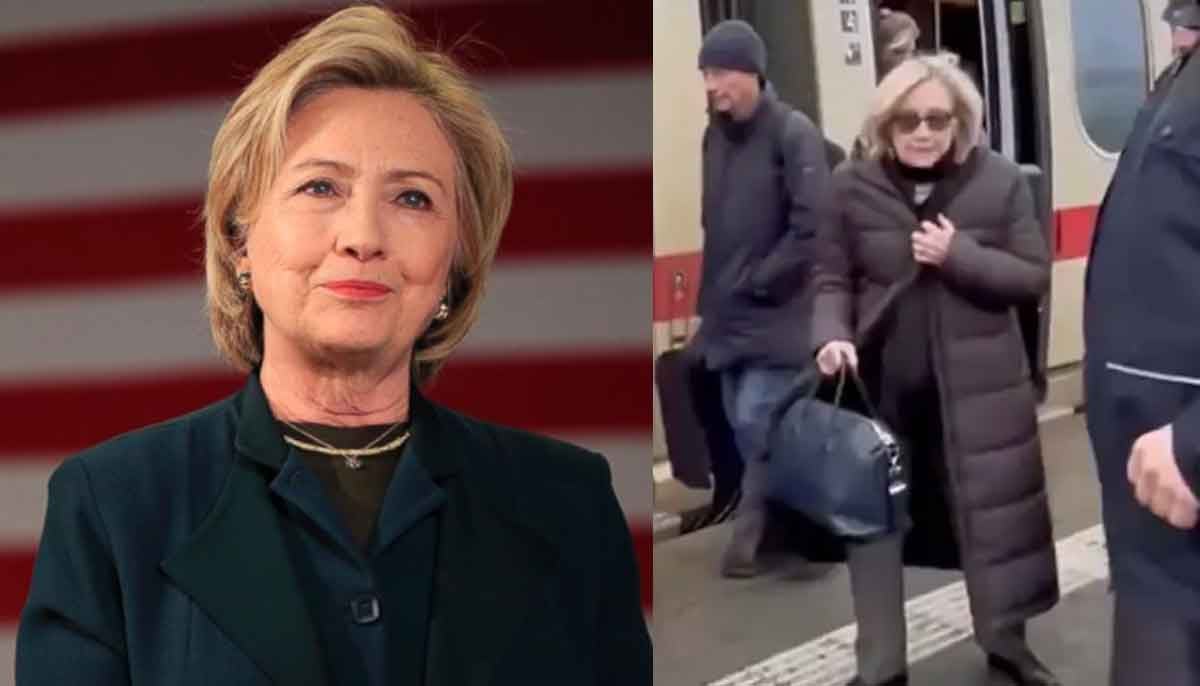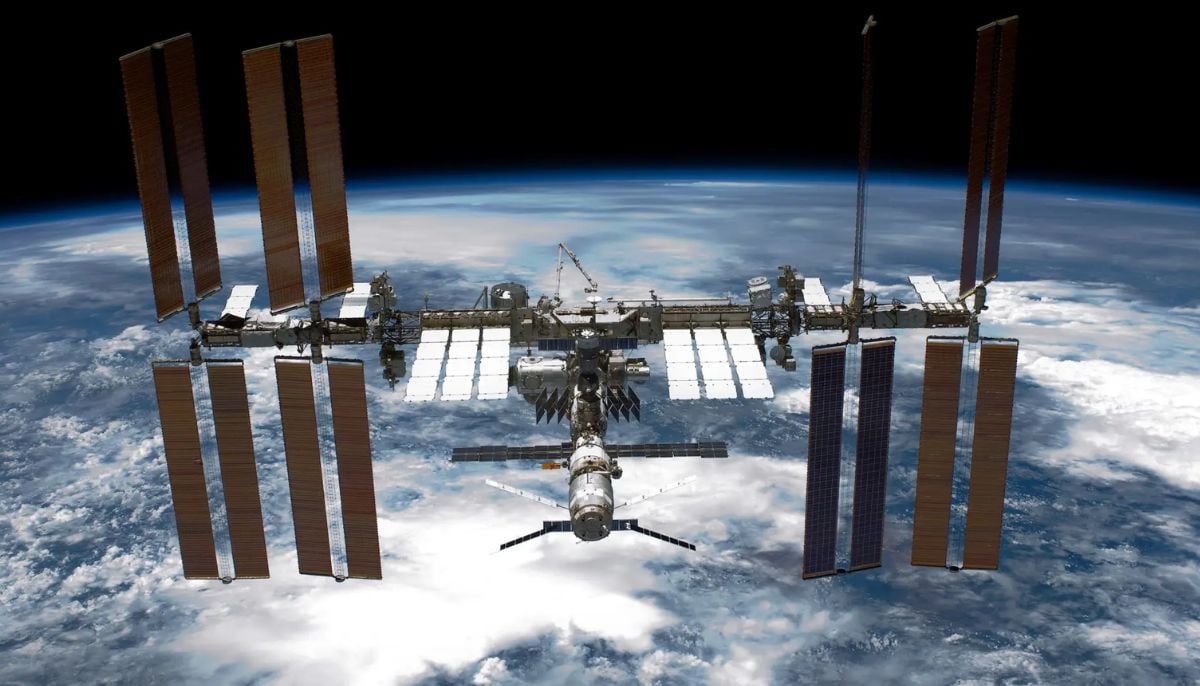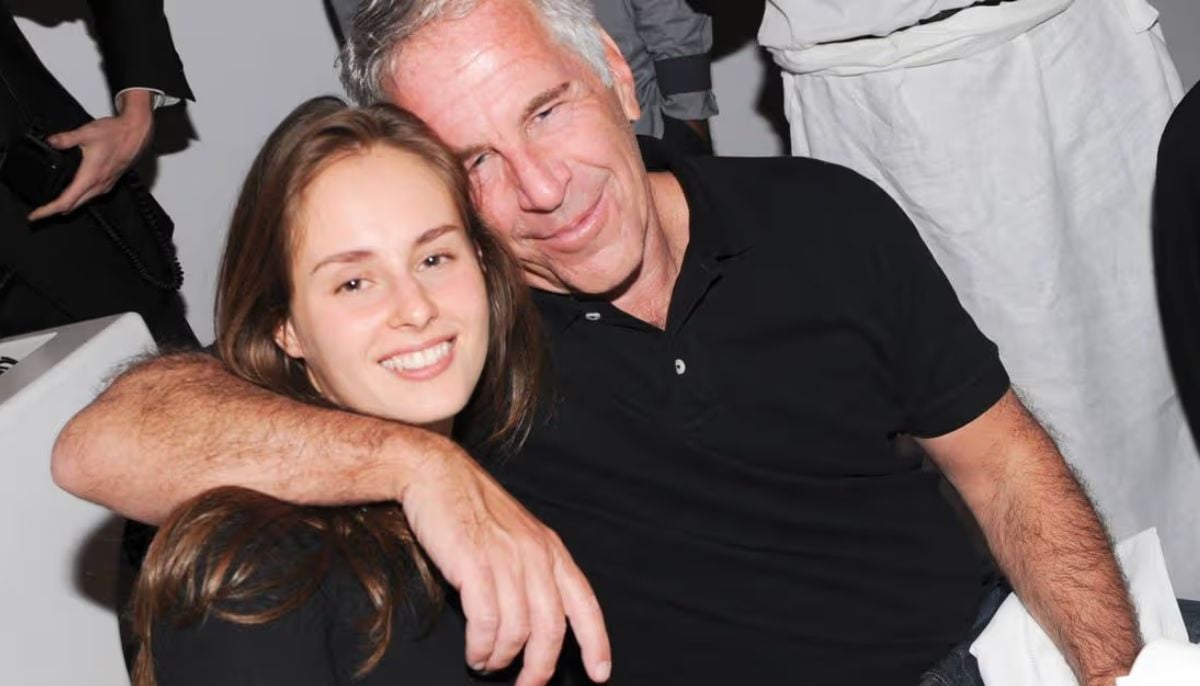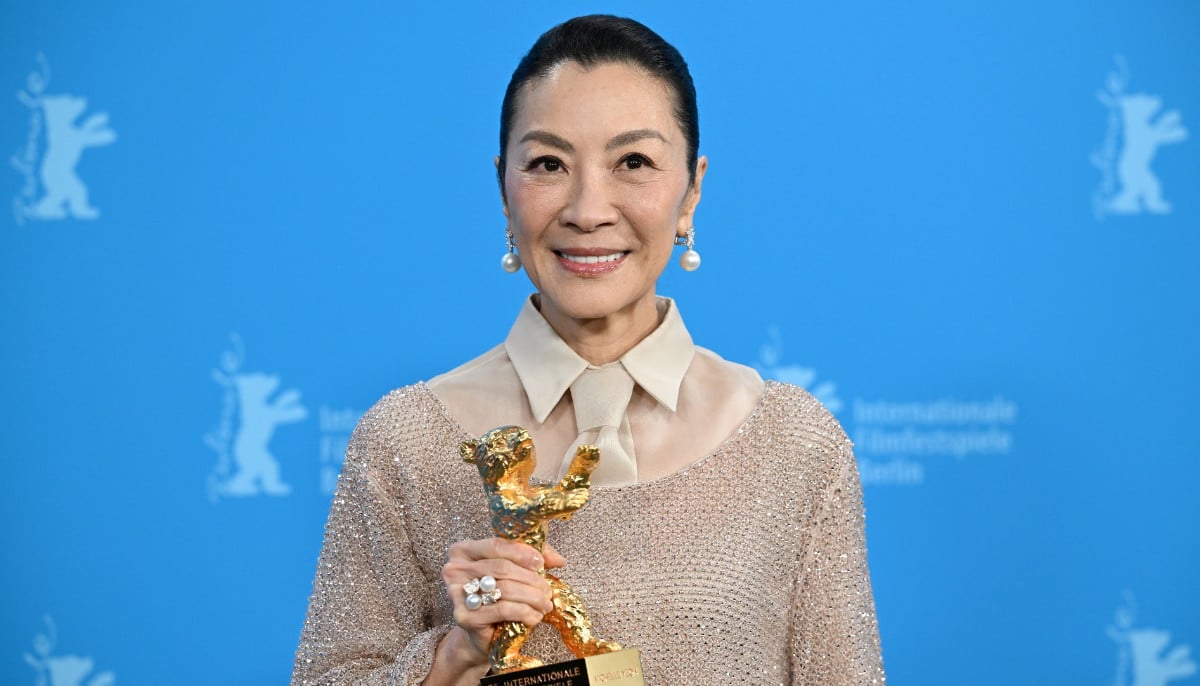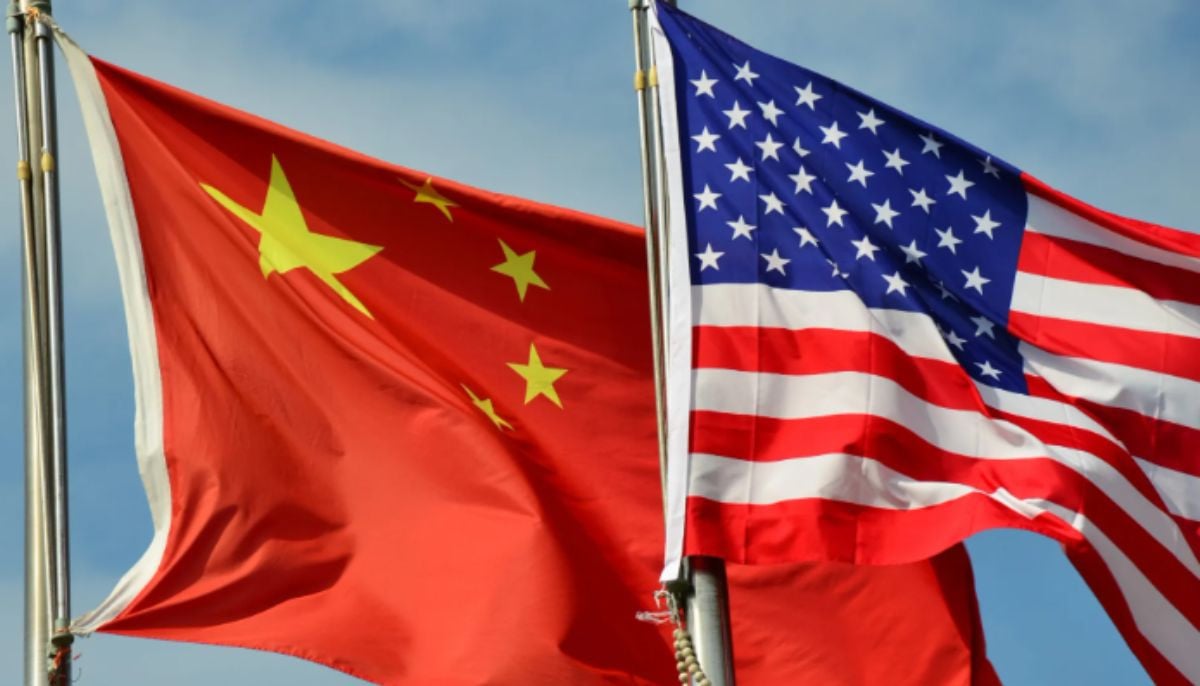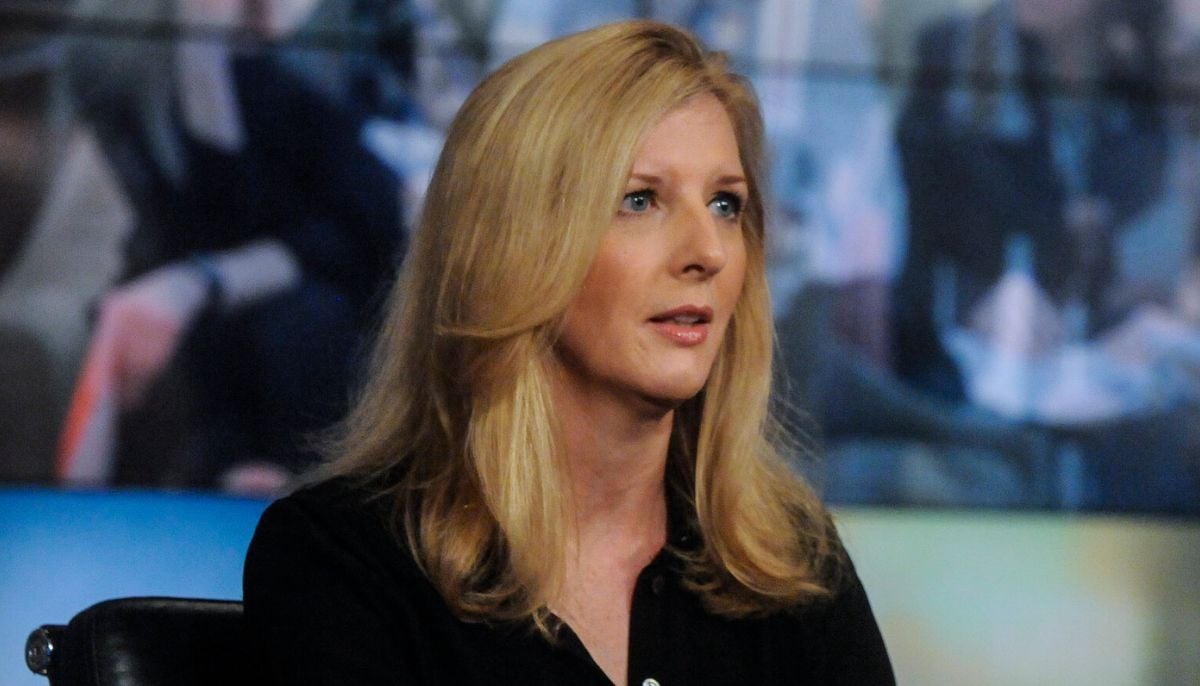Without mentioning Pakistan, Trump says ‘US aid for friends only’ in first SOTU address
US President Donald Trump delivers his biggest speech of the year Tuesday, a State of the Union address designed to sell his economic record to skeptics and unite a deeply polarized America.
WASHINGTON: Without naming Pakistan in his first State of the Union address Tuesday, US President Donald Trump said that in future foreign-assistance will only go to America's friends.
The president made no mention of Pakistan in his speech but discussed Afghanistan imbroglio in detail saying ‘our military is no longer undermined by artificial timelines, and we no longer tell our enemies our plans’.
Just hours before the Trump’s address, Pakistan disclosed that ‘27 individuals suspected of belonging to TTA (Tehreek-e-Taliban Afghanistan) & HN (Haqqani Network) have been handed over to Afghanistan in November 2017’.
Without giving further details, the FO spokesman Dr Mohammad Faisal stated that Pakistan continues to push any suspected TTA & HN elements to prevent them from using our soil for any terrorist activity in Afghanistan.
The ties between the two allies hit rock bottom earlier this month when Trump accused Islamabad of ‘lies and deciet’ despite ‘receiving billion of dollars in aid’.
In his SOTU address to Congress and the nation, he also announced to keep the Guantanamo Bay prison open. He said: ‘I just signed an order directing Secretary Mattis to reexamine our military detention policy, and to keep open the detention facilities at Guantanamo Bay.’ Our warriors in Afghanistan also have new rules of engagement, he added.
- Challenge from Russia and China -
Trump used his biggest stage to warn of the nuclear threat from North Korea, as fears grow again in Washington that conflict may be looming.
In recent weeks, US officials have laid the groundwork for a pivot to strategies for a world of renewed great power competition with the likes of Russia and China.
Trump described Moscow and Beijing as challenging "our interests, our economy, and our values." But he saved his harshest words for Iran and North Korea.
"North Korea´s reckless pursuit of nuclear missiles could very soon threaten our homeland," he warned, implying he has a narrow window to respond to Pyongyang´s ambition.
"We are waging a campaign of maximum pressure to prevent that from ever happening."
Singling out Iran and North Korea -- which along with Iraq formed his predecessor George W. Bush´s "Axis of Evil" -- seemed calculated to raise the specter of new conflicts.
It came as a respected Korea expert, tipped to become Trump´s ambassador to Seoul, revealed he had dropped out of the running and criticized the idea of a pre-emptive strike.
Secretary of State Rex Tillerson and Defense Secretary Jim Mattis have been pushing a diplomatic strategy to convince North Korean leader Kim Jong-Un to come to the table and negotiate away his nuclear arms.
But other senior figures have reportedly endorsed the idea of a "bloody nose" strike to damage Kim´s nuclear sector and show the US means business, hopefully without provoking a wider war.
Victor Cha, a senior adviser at the Center for Strategic and International studies and until Tuesday a candidate for US ambassador to Seoul, rejected this in the Washington Post.
"A strike (even a large one) would only delay North Korea´s missile-building and nuclear programs, which are buried in deep, unknown places impenetrable to bunker-busting bombs," he wrote.
- Complacency and concessions -
"A strike also would not stem the threat of proliferation but rather exacerbate it," he added, warning that Kim might try to sell nuclear weapons to "bad actors" for money or revenge.
Cha also pointed out that millions of South Koreans and tens of thousands of American expats and troops would be at immediate risk of a North Korean counterstrike.
"The president would be putting at risk an American population the size of a medium-size US city... on the assumption that a crazy and undeterrable dictator will be rationally cowed by a demonstration of US kinetic power," Cha wrote.
According to the Post, Cha´s refusal to entertain the idea of a pre-emptive strike cost him his ambassadorship, and Trump´s speech suggested he was in no mood for compromise.
"Past experience has taught us that complacency and concessions only invite aggression and provocation," he declared.
"We need only look at the depraved character of the North Korean regime to understand the nature of the nuclear threat it could pose to America and to our allies."
Trump also upped the ante in his stand-off with Iran, vowing US support for street protests against Tehran´s clerical regime.
And again he compared himself favorably to his predecessor Barack Obama, suggesting that it had been a mistake not to back the failed 2009 Green Revolution in Iran.
"When the people of Iran rose up against the crimes of their corrupt dictatorship, I did not stay silent," he declared.
"America stands with the people of Iran in their courageous struggle for freedom," he promised, to applause from assembled lawmakers.
The president also highlighted gains made against Daesh in Iraq and Syria, while warning that "there is much more work to be done" in the war against the jihadists.
-
Hailey Bieber reveals KEY to balancing motherhood with career
-
Hillary Clinton's Munich train video sparks conspiracy theories
-
Woman jailed over false 'crime in space' claim against NASA astronaut
-
Columbia university sacks staff over Epstein partner's ‘backdoor’ admission
-
Ohio daycare worker 'stole $150k in payroll scam', nearly bankrupting nursery
-
Michelle Yeoh gets honest about 'struggle' of Asian representation in Hollywood
-
US, China held anti-narcotics, intelligence meeting: State media reports
-
Goldman Sachs’ top lawyer resigns over Epstein connections
